Easy Sand and Cookies to Kill Rats
Rats make excellent pets, but it's no fun sharing your house with a pack of rats.
Rats transmit diseases and are a potential source of allergens. Handling rats, even when they're dead, can put you at risk of salmonellosis, rat-bite fever, and bacterial diseases such as leptospirosis.
It's not just your health that's at risk either. Rat feces and urine could spoil your carefully stockpiled emergency food supplies. Rats can also chew through food-safe plastics, rendering your food supplies inedible.
Although there are humane ways of repelling and removing rats, poison is often the only way to eradicate the problem.
The following recipes all use common household products as the bait to entice the rat and the poison that will eventually kill it.
Note: Many of these substances are as appealing to pets and small children as they are to rodents, so make sure you distribute your poison carefully and keep it out of reach.
#1 Ammonia
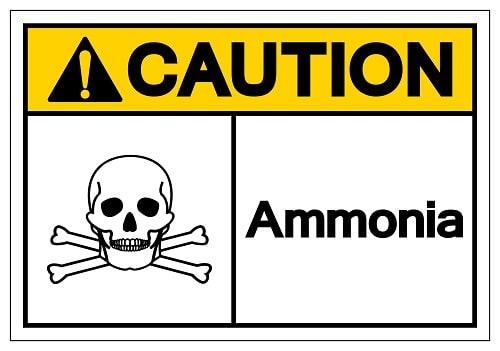
Ammonia smells terrible even to humans, so you can imagine how repulsive it is to a rat, which has a more highly developed sense of smell.
High concentrations of ammonia are potentially fatal to rodents. One study found that rats exposed to consistent levels of ammonia were liable to develop a potentially life-threatening respiratory disease known as murine respiratory mycoplasmosis (MRM).
To rats, ammonia smells similar to the urine of their natural predators, so they will automatically avoid it. If you want to kill a rat with ammonia, you must expose it to high concentrations in a closed area.
Pouring liquid ammonia into any holes you see the rats using is one way of dealing with your rodent problem.
Another is to mix between 2 and 2½ cups of ammonia with 100 to 200ml of water and 2 to 3 spoonfuls of detergent.
Place this mixture in areas where you commonly see rats entering your home, and you should notice an almost immediate reduction in rodent activity.
#2 Onions
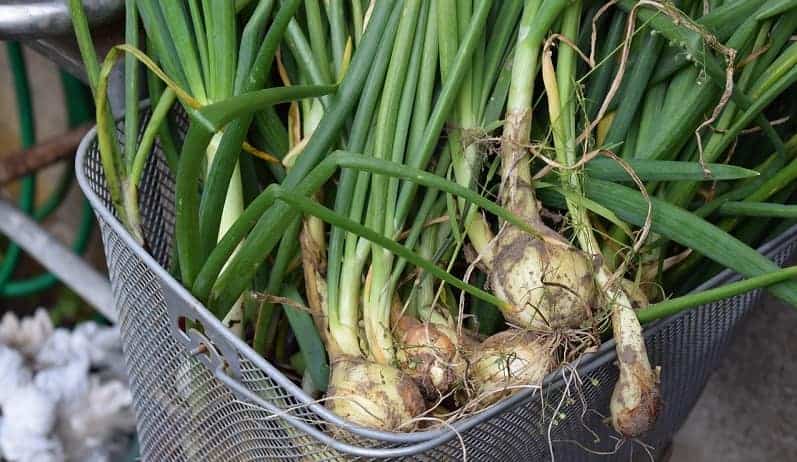
Rats don't include onions as part of their standard diet, and they generally avoid them at all costs, even when cooked. The mere smell of raw onions irritates a rat's eyes and noses, just as it does ours. If eaten, "raw onion can cause severe anemia" in rats.
Rats are allergic to the sulfur in raw onions and when they consume it, it limits the amount of oxygen a rat can absorb, draining the cells and causing a slow and painful death.
Rats are intelligent creatures and, as such, are unwilling to go anywhere near raw onions. However, you might be able to trick them into eating these toxic vegetables by mixing some finely chopped onion in with some irresistible bait, like minced meat.
#3 Baking Soda
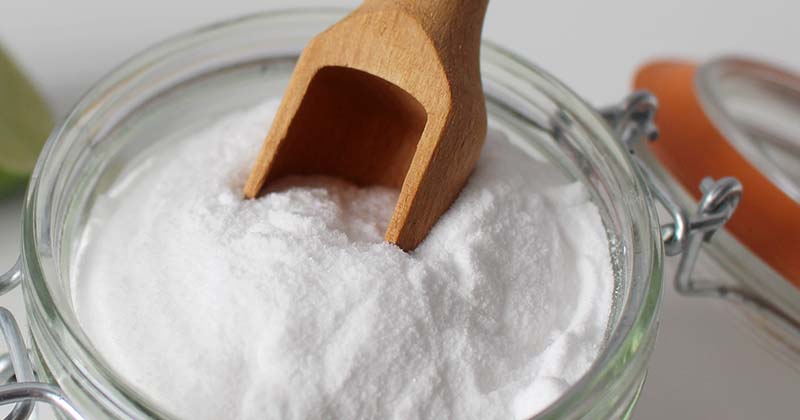
Due to its versatility, most homes have some baking soda lying around in the kitchen. As well as being used as a cleaning agent, anti-acid, and leavening agent, baking soda is also a surprisingly effective mouse poison.
Rodents can't expel carbon dioxide as humans can, so when the bicarbonate in the baking soda reacts with the acids in the rodent's stomach and produces carbon dioxide, the gas builds up inside the digestive system. Eventually, it will cause a blockage or rupture and kill the rat.
Rats don't naturally sit down to a meal of baking soda, so you'll need to combine it with something appetizing to spark their interest. You can use any of the following as bait for your baking soda poison:
- Peanut butter – mix with baking soda and then roll into balls and place around your home
- Flour and sugar – mix equal parts of sugar, flour, and baking soda. Leave in a shallow dish.
- Cocoa powder – chocolate is difficult for anyone to resist, including mice. Combine equal amounts of cocoa powder and baking soda, and then add a little sugar to sweeten the deal.
While baking soda is safe for children and pets, it's not particularly humane. Few poisons are, I suppose.
Larger rats also need to consume a considerable amount of baking soda before it kills them, which means you could witness ailing rats stumbling around your house.
#4 Instant Mashed Potato Flakes
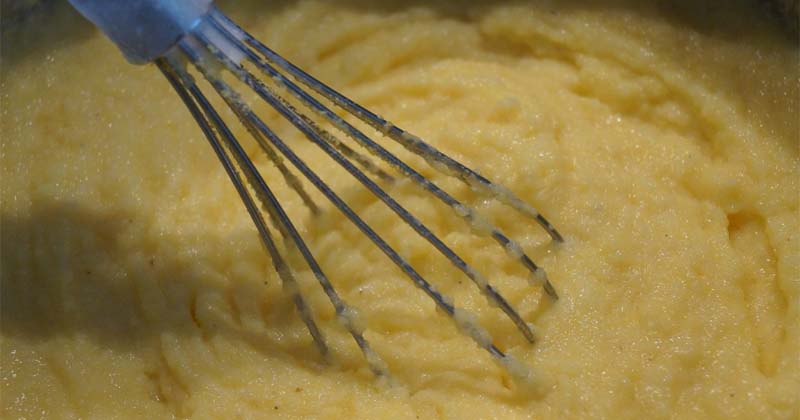
I've always maintained that instant mashed potato is closer to poison than food, and it seems that for rats, at least, this is true.
This non-toxic approach to poisoning rats is one the safest, especially if you have pets. Few cats or dogs will tuck into a dish of instant mashed potato flakes, but rats seem more than happy to gorge themselves on the stuff.
Once they've eaten their fill, they become extremely thirsty. As they drink, the water causes the mashed potato flakes to expand in the rat's stomach, killing them instantly.
Sprinkling a sachet of artificial sweetener over the mashed potato flakes makes them even more appealing to rats and will help ensure they eat enough of the substance to seal their fate.
#5 Cement Mix
While this isn't something everyone has in their kitchen, it is easily available and very effective, assuming you can persuade a rat to eat it. If a rat does ingest this, it will quickly harden as it comes into contact with the animal's digestive juices.
For the cement mix to work effectively, you need to mix the powder with something tempting, like peanut butter or cocoa powder. Peanut butter works well as it makes the mixture malleable so that you can roll it into balls and place it in strategic places around the house.
As cats and dogs are just as keen on peanut butter as the rest of us, this homemade rat poison is not recommended if you have pets.
#6 Plaster of Paris
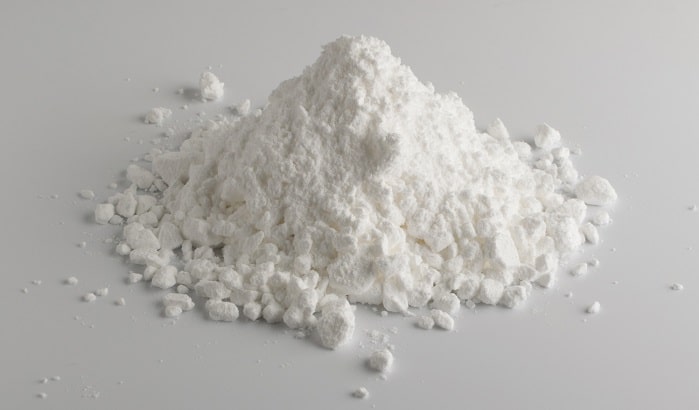
If you can't get your hands on cement mix, plaster of Paris will work just as well. An alternative approach is to combine plaster of Paris or cement mix with cornflour and then add milk or water to form a dough. Knead for a minute or two before rolling into balls and placing them around the house.
The cement mix and plaster of Paris will both harden after a few days of being exposed to the atmosphere and must be replaced regularly.
#7 Boric Acid
According to some, boric acid "is one of the best and most effective poison recipes out there." Others disagree, saying it causes only "developmental toxicity." In other words, while it can harm a rodent's unborn fetuses, it won't get rid of your current rat problem.
You can still use it to dispose of cockroaches and ants, but it's not worth getting if the rat is your only enemy.
#8 Vitamin D-3

While Vitamin D may be essential for human health, it can be fatal to other animals, including rodents. The active ingredient, cholecalciferol, is found in many vitamin D-3 supplements and a multitude of rodent poisons.
Vitamin D-3 is a fast-acting poison that causes such high calcium and phosphorus levels in the rat's body that it results in kidney failure, heart problems, and bleeding. It's so effective that it's been turned into a spray to tackle New Zealand's "super rats."
I found a random fact that claimed you would need around 100,000 IU of vitamin D3 to have a 50% chance of killing an 80 oz rat. As most of the rodents we get in our homes weigh between 0.6 to 17 oz, a single 5000 IU tablet should be enough to make a decent dent in the population.
Crush up the tablet, or empty the contents of the capsule, and then mix it up with some peanut butter. Place small balls around the house and wait for a couple of days.
It's tempting to think of vitamins as relatively benign substances, but vitamin D-3 is toxic to dogs, cats, and children, so be sure you keep it well out of reach.
#9 Black Pepper
Black pepper contains high concentrations of the chemical piperine. This chemical has a toxicity of 514mg/kg, making it more potent than some homemade rat poisons but brings it nowhere near the toxicity levels of commercial poisons.
Although black pepper is toxic enough to kill a rat, it's not necessarily effective as a poison.
Rats don't wolf down their meals like some dogs do. They nibble at new food sources, testing them thoroughly before tucking in. As a result, a rat will stop eating black pepper the moment it experiences discomfort. This will occur long before it's consumed a fatal dose.
Sprinkling some black pepper around areas you commonly see rats may deter them, but it's not likely to eradicate the problem.
Conclusion
Not all these recipes will eradicate your nuisance rat population, but some, like instant mashed potato flakes, are safe as well as effective.
If you decide to poison rats, you may have to deal with some unwanted bodies. As handling dead rats puts you at risk of contracting a disease from the animal, this is potentially dangerous.
Poisoning may be effective, but it's certainly not pleasant for either you or the rat. If you want to find a more humane way of dealing with a rat invasion, try some of the tips I explored when figuring out how to rodent-proof my food storage.
Related
- Homemade mouse poison
- Homemade mole poison
grosvenoryoud1966.blogspot.com
Source: https://www.primalsurvivor.net/homemade-rat-poison/
0 Response to "Easy Sand and Cookies to Kill Rats"
Post a Comment